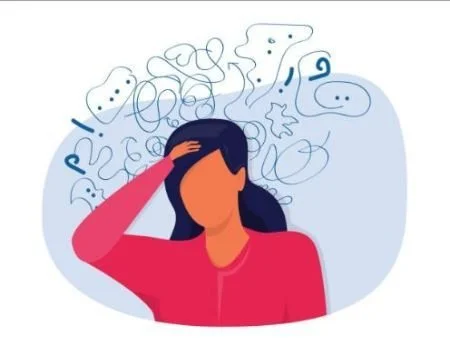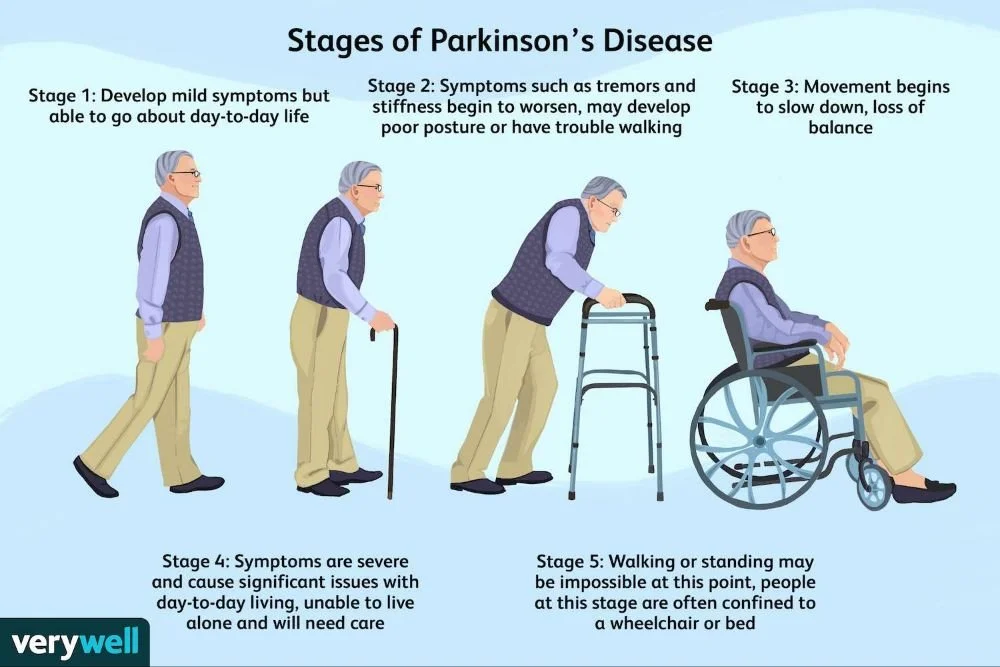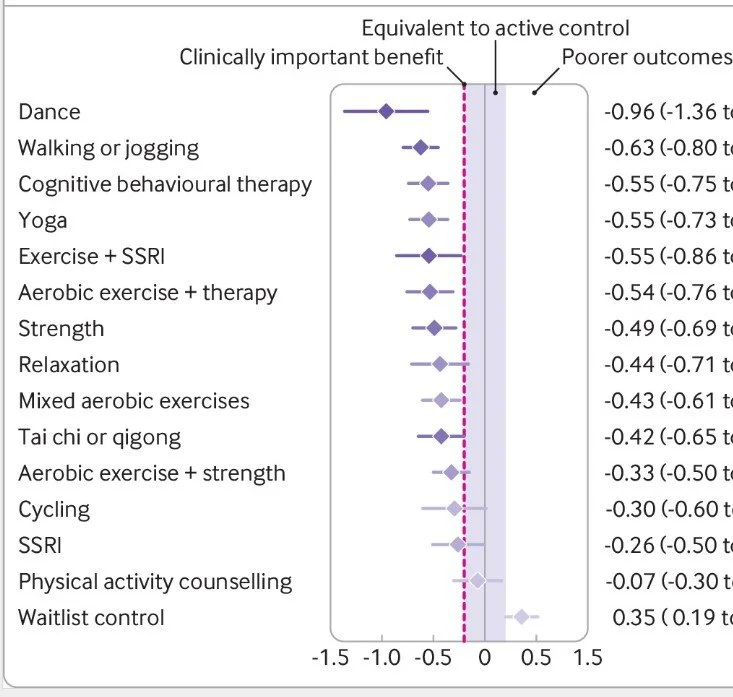May 2024
Medication for ADD Lowers Mortality
A new study calls into question longstanding beliefs about stimulant safety. In a new study out of Sweden, folks who took stimulants were 21% less likely to die in a two-year time frame than those who did not take stimulants.
>> Dr. Neuman says, "It turns out being distractible is not great for avoiding car accidents and other unnatural causes of death. The average age of the study participants was 17, and the study only lasted two years. It could be that decades of stimulants have a different result on mortality. This new study is certainly reassuring for folks who worry that the medicine is risky long-term."
GLP-1 Inhibitors (ex. Ozempic, WeGovy, Mounjaro) for Parkinson's Disease
Our favorite class of medicines is at it again. Initially used for diabetes, they are now being used for weight loss, heart failure treatment, depression, and kidney disease treatment. A new study showed an improvement in Parkinson's Disease symptoms after 12 months for those who took Lixisenatide, a GLP-1 Inhibitor like Ozempic. Folks who had a placebo saw a worsening in their symptoms.
>> Dr. Neuman says: "Seeing a whole year go by with improvements in symptoms, let alone no worsening, is a potential game changer for the half a million Americans living with Parkinson's Disease. This is a Phase-2 trial (small trial), so a larger trial is expected before the FDA may approve this class for Parkinson's Disease. Many folks may want to try this before the Phase 3 study comes out."
Many Forms of Exercise Effective for Depression
A new study showed that many different types of exercise were effective in helping depression symptoms. The higher the intensity of the exercise, the more of an effect it had. Exercise had a synergistic effect with medication.
>> Dr. Neuman: "The study shows multiple effective forms of exercise: cycling, strength training, jogging, tai chi, and yoga. Dancing had the largest effect size of any form of exercise. Here is my favorite dance song so we can all dance the depression away!"
Low-dose Amitriptyline (Elavil) for IBS
The largest Irritable Bowel Syndrome (IBS) study to date showed that the been-around-forever anti-depression medicine Amitriptyline had a 61% chance of improving and a 36% chance of completely eliminating IBS symptoms. Of note, the placebo helped in 45% of cases and eliminated symptoms in 23%. Amitriptyline was discontinued less often than placebo.
>> Dr. Neuman says: "The doses used here are roughly 10% of the doses used in the past for depression. These doses are effective for IBS without the side effects we used to see with much higher doses (mainly fatigue). IBS is also being used at these doses for other nervous system pain disorders like fibromyalgia, persistent migraines, and bladder pain syndromes."






